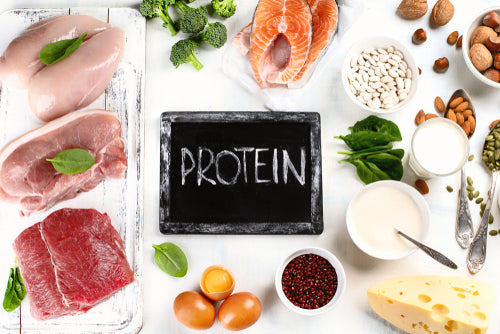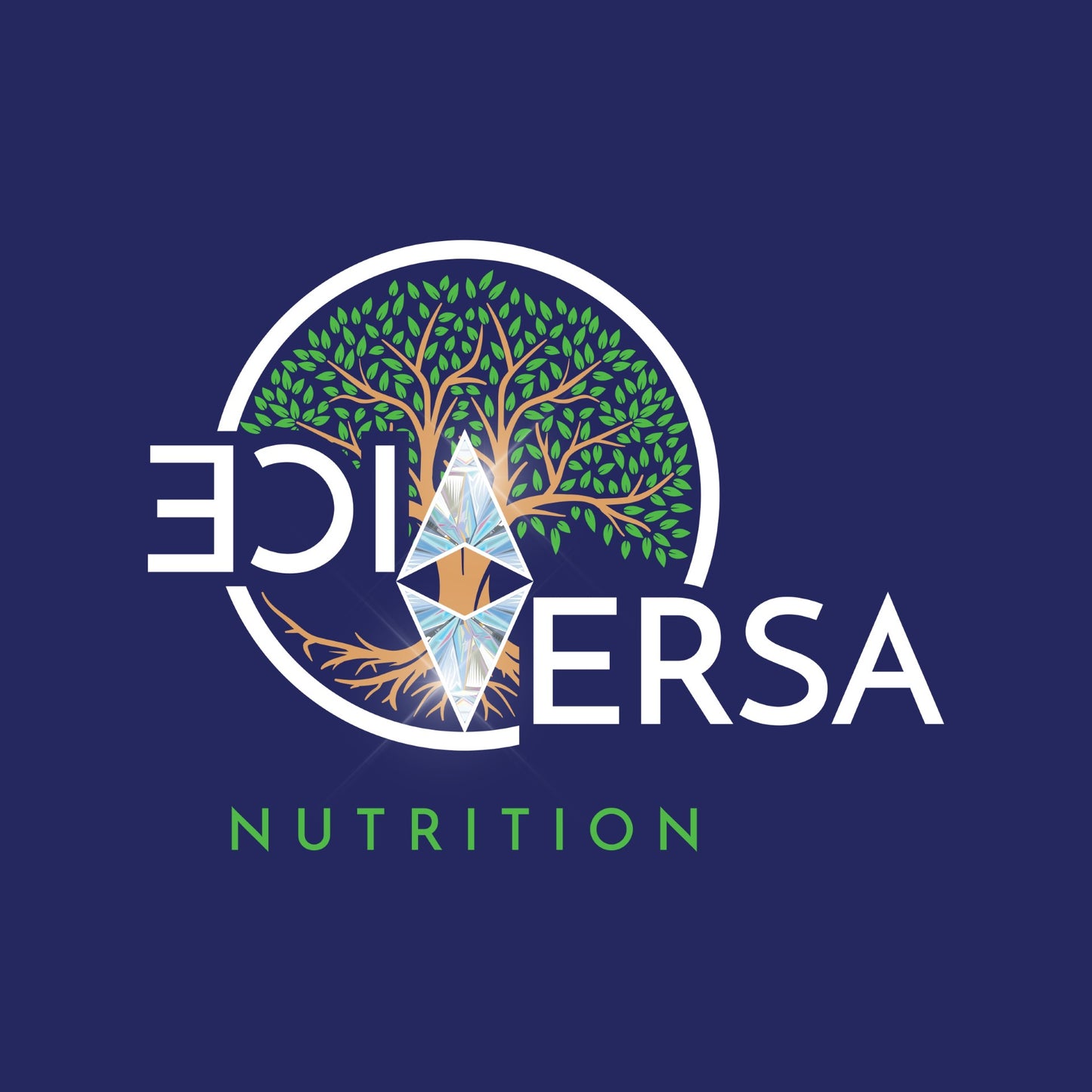
What is protein?
Protein is a major player in the diet. It is the body’s building block used to form and repair cells and tissues in muscle, skin, hair, and nails. Protein also enables many of the body’s vital metabolic functions.
Every cell in the body contains protein, and there are thousands of types found in the body. Protein forms the structure of tissues. They carry molecules around the body that create a chemical reaction that improves the following; immune response and produce and deploy hormones.
Proteins are made up of amino acids. Short chains of amino acids are called peptides (they connect together through peptide bonds) While longer chains are called polypeptides or proteins. Protein chains can become more complex as they bond together. The body can then break down these protein chains into peptides where required as they pass through the body.
The body can produce many of the amino acids it needs to make peptides and proteins but nine of them are known to be “essential” amino acids, which must be sourced from the diet. This is because the body does not store proteins in the same manner it does with other macronutrients, therefore we must consume a variety of proteins in order to achieve all essential amino acids.

Incomplete or complete amino acids are still important in our diets so be sure to combine to make complete proteins to meet the body's daily requirements.
Protein intake
Protein requirements depend on many factors i.e, age, gender, and level of physical activity. It is recommended that adults consume 0.75g protein per kilogram of bodyweight each day. Active people should consider a minimum of 1g per kilogram. Based on average weight groups and activity levels, daily intake should be 55g for men and 45g for women. Elderly people need about 50% more than the recommended intake. This is because as we grow older our bodies become less efficient at using protein, therefore we need to overcompensate to achieve our goal. When selecting foods high in protein be mindful and evaluate other nutrients that meet your requirements.
Increasing protein intake
Protein as a macronutrient discovered has its place of importance in the body, let's take a look at a few ideas in trying to increase our daily intake.
- Try eating more plant based proteins; nuts, seeds, beans and pulses.
- Lean organic white meat and poultry; turkey, chicken, and fish.
- Protein shakes (protein shakes are quick and easy to make and can be made with water) Avoid the following in protein shakes…
- Gluten
Food sensitivities to gluten can elevate inflammation in some people and cause a range of health problems including hormonal imbalances.
- Dextrins/Maltodextrin
These ingredients can raise glycemic load. Most are processed with GMO corn and they can also cause gastrointestinal distress in some people. They are mostly added to protein powders as fillers to bulk it out or make the protein mix easier.
- Artificial sweeteners
Common artificial sweeteners used are Sucralose (Splenda, E955), Aspartame (NutraSweet, Equal, E951), and Saccharin (E954). Some people may experience negative reactions to artificial sweeteners.
In this blog post we have covered the basics of protein, if you wish to find out more check out this link: https://www.eatforhealth.gov.au/nutrient-reference-values/nutrients/protein
Thank you for taking the time to read this blog. I hope you have a great day, afternoon or night.
